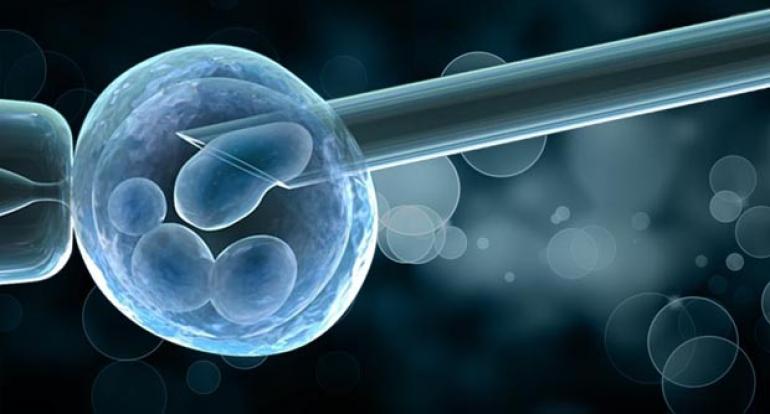New technologies are expanding the reach and accessibility of preimplantation genetic testing of human embryos. But what these advances can deliver is still unclear, and a frank assessment of their profound ethical implications is urgently needed, concludes a commentary in Nature Medicine.
The authors are Josephine Johnston, director of research and a research scholar at The Hastings Center, and Lucas J. Matthews, an assistant professor at Columbia University who is a Hastings Center presidential scholar. They cite several ethical questions about the use of polygenic risk scores, or PRS, (which combine the effects of many genetic variants with individual small effects into a single risk estimate) during in-vitro fertilization, including:
- PRS exhibit limited predictive accuracy in populations of non-European ancestry.
- Patients may not fully understand the risks and limitations of the tests, and fertility clinics may lack the time and resources to explain them. This problem would be exacerbated if “testing for common diseases [were] bundled into treatment packages or routinized in ways that gloss over details and implications for subsequent care, as appears to have been the case with some prenatal screening tests.”
- Expanded genetic testing, such as existing preimplantation genetic tests used to identify embryos with or without specific genes, could be labeled discriminatory because it involves embryo selection on the basis of genetic risks for specific diseases, disabilities, or traits.
The commentary responds to an article in Nature Medicine that describes a method to enable polygenetic testing for 12 common diseases. This method could make preimplantation genetic testing far more common than it is today.
Until now, most of the debates around the preimplantation genetic testing “have been confined to specialist and academic circles and personal challenges for relatively small numbers of people,” Johnston and Matthews write. “The rapid development of fast and affordable molecular genotyping and PRS construction for common conditions … could soon make these challenges a reality for countless clinicians and patients.”
Should the new techniques be used to screen embryos for social outcomes, such as educational attainment, “the justice issues will be greatly compounded.”
https://medicalxpress.com/news/2022-03-genetic-human-embryos-frank-profound.html


